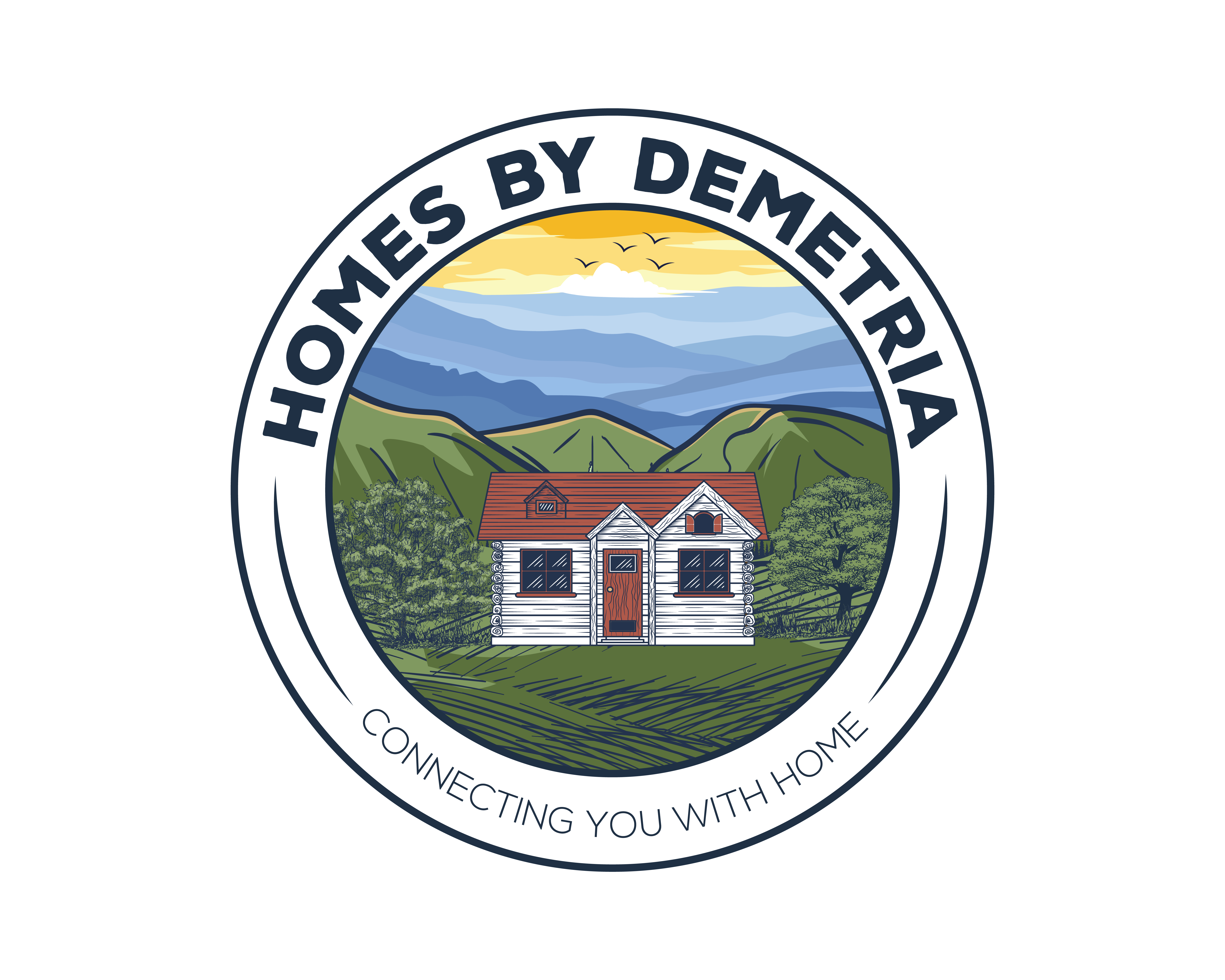Generation Z and the Housing Market
As Generation Z – those born roughly between the mid-1990s and early 2010s – start to enter the housing market, their influence on the market is still evolving. They way they experience the world is more tech savy than any generation before. They grew up shopping online and know that they can source information from a variety of sources. I as a real estate agent love that this generation is like none other.
- Preference for Urban Living: Generation Z has shown an importance for urban living due to the convenience of access to jobs, entertainment, and amenities. This could increase demand for urban properties and drive up prices in city centers. They will want to know about amenities, businesses, social venues in the neighborhood.
- Rise of Technology: Generation Z is the first generation to grow up with smartphones and constant connectivity. Their familiarity with technology might increase interest in smart homes and properties equipped with the latest tech features.
- Flexibility and Mobility: This generation values flexibility and experiences. They might be more inclined to rent rather than buy to maintain mobility for career opportunities or travel experiences. This could reshape the rental market and impact the demand for apartment-style living.
- Sustainability and Energy Efficiency: Generation Z tends to be more environmentally conscious. Their preference for sustainable living could drive demand for eco-friendly homes with energy-efficient features, potentially influencing housing construction and renovation trends.
- Financial Challenges: Economic factors and student loan debt might delay Generation Z’s entry into the housing market as homeowners. Affordability concerns could drive them to seek alternative housing arrangements, such as co-living or communal housing setups.
- Virtual Real Estate: With the increasing popularity of virtual reality and online worlds, there might be a growing interest in virtual real estate or digital properties within virtual environments.
- Remote Work: The rise of remote work, accelerated by the COVID-19 pandemic, could impact where Generation Z chooses to live. They might opt for more affordable suburban or rural areas while maintaining their careers remotely.
- Changing Family Structures: Generation Z’s attitudes toward family and household structures could lead to different living arrangements. For example, there might be an increased interest in multi-generational housing or communal living setups to accommodate changing family dynamics.
- Influence on Design and Architecture: Generation Z’s preferences for open spaces, minimalism, and functionality could influence new housing developments’ architectural and interior design trends.
- Influence of Social Media: Social media could play a role in shaping Generation Z’s perception of housing trends, leading to interest in certain aesthetics, designs, or locations that are popularized through platforms like Instagram, Facebook, and Pinterest.
No one is an expert of any generation, but I think we should celebrate this next generation of home owners.

All information provided herein has been obtained from reliable sources, but may be subject to errors, omissions, change of price, prior sale, or withdrawal without notice. Homes by Demetria and its affiliates make no representation, warranty or guarantee as to the accuracy of any information contained herein. You should consult your advisors for independent verification of any properties.
Blog Disclaimer
Click to Read
Disclaimer: Important Information Regarding Our Real Estate Blog
Last Updated: [Date]12/17/2023
The information provided on Demetria.com is intended for general informational purposes only. The content on this blog is not intended to be a substitute for professional advice, and it should not be relied upon as such. Readers are encouraged to seek professional guidance for specific real estate, legal, financial, or related matters.
Accuracy of Information:
While we strive to provide accurate and up-to-date information, the real estate industry is dynamic, and laws and regulations can change. The content on this blog may not always reflect the most current developments or market conditions. We do not guarantee the accuracy, completeness, or suitability of the information presented, and users should verify any details independently.
Personal Responsibility:
Readers are advised to use their discretion and exercise due diligence before making any decisions based on the information provided in our blog. Real estate transactions involve significant financial decisions, and individual circumstances may vary. It is important to consult with qualified professionals, such as real estate agents, financial advisors, or legal counsel, to tailor advice to your specific situation. Check your sources, understand we aren’t offering investment, retirement or reale state advice. Get an agent, get a lawyer to help.
Third-Party Links:
Our blog may contain links to third-party websites or resources. These links are provided for convenience and informational purposes only. We do not endorse or control the content of these external sites, and we are not responsible for their accuracy, legality, or content. Visiting these links is at the user’s own risk.
No Endorsement:
Mention of specific companies, products, or services in our blog does not constitute an endorsement. The inclusion of such references is for informational purposes only, and readers should conduct their own research and assessments before engaging with any products or services mentioned.
Copyright and Reproduction:
The content, images, and materials on this blog are the property of Demetria.com unless otherwise stated. Reproduction, distribution, or use of any content without permission is strictly prohibited.
Updates and Changes:
We reserve the right to update, modify, or change the content of this blog at any time without prior notice. It is the responsibility of the user to stay informed of any changes by regularly reviewing this disclaimer.
By using Demetria.com, you agree to the terms and conditions outlined in this disclaimer. If you have any questions or concerns, please contact us at demetria@demetriaclark.com

Recent Comments